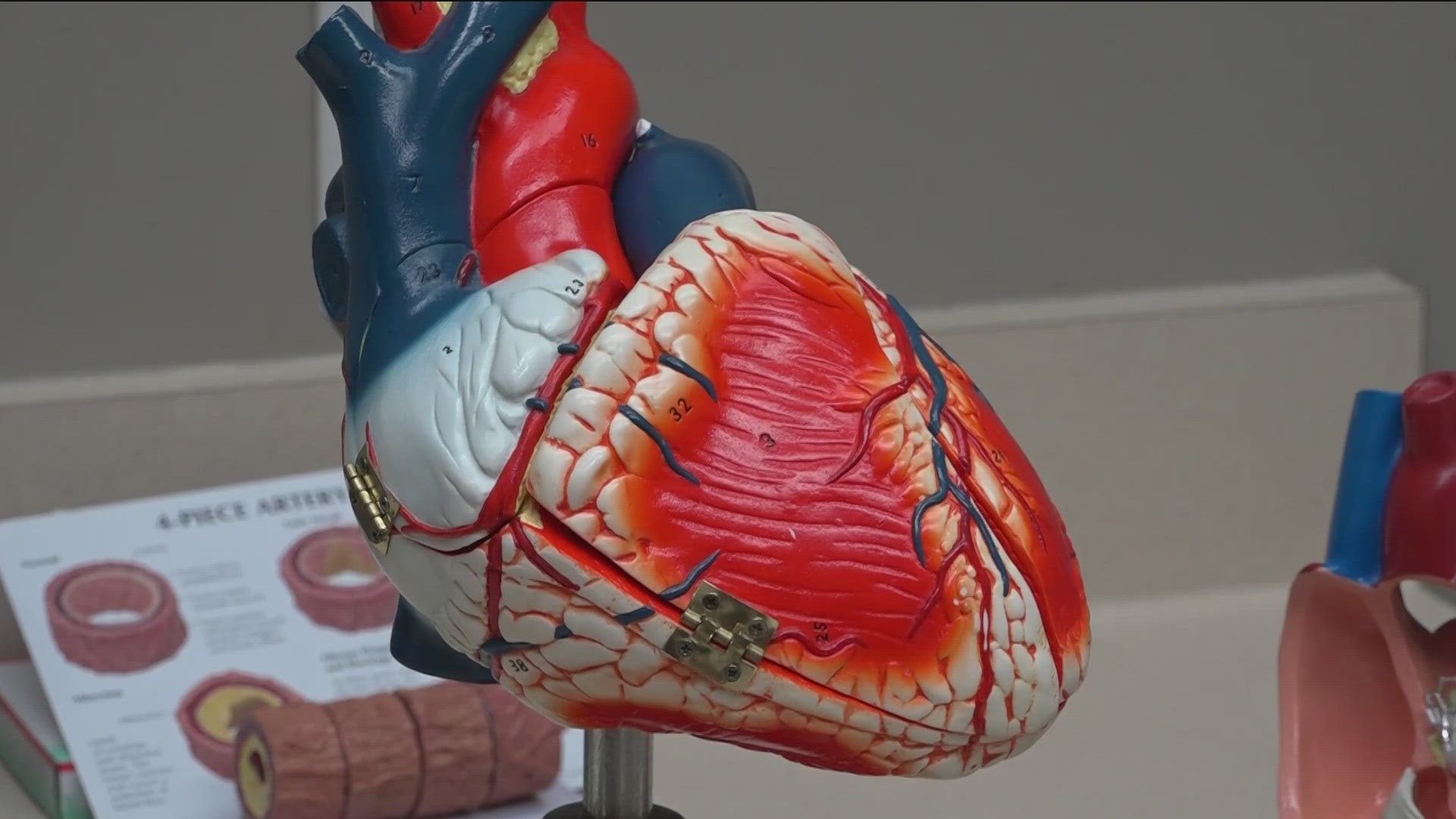ROUND ROCK, Texas — With the Statesman Cap10K this Sunday, runners were preparing to race through Downtown Austin.
Cardiologists say these runners have the right idea by adding daily exercise into their routine.
Runner and Baylor Scott & White Oncologist Christal Murray has been training this past year for a half marathon and the Cap10K.
"I'll run anywhere between kind of three and six miles during that week time,” Murray said.
Running only takes her around 30 to 60 minutes a day. Cardiologists say that by building an everyday exercise routine of under an hour, you can efficiently improve your heart health.
"The heart is like any muscle in the body, right?” Dr. Jose Condado Contreras, a Baylor Scott & White cardiologist, said. “You need to train it so it can work well."
Condado said as long as you are increasing your heart rate and sweating, you're doing a good job.
"A common number we use is 220 minus your age. That's sort of like the maximum heart rate that you want to be reaching when you're exercising," he said.
However, Condado also warns patients not to jump into intensive training too quickly.
"You want to slowly build up the distance and every day exercise continuously to build up that muscle,” Condado said.
He added that sporadic exercise can actually be harmful to your body.
"If you're just racing one day, but then don't exercise for two weeks, that really is not helping you,” Condado said. “It's just making you think that you do some exercise, but it's not really a good, successful exercise for your heart."
To keep from putting extra stress on the body, he urges sticking to a training routine.
"If you create that routine, you are more successful on maintaining that continuous event,” Condado said.
For someone who works in the medical field like Murray, she plans to continue her walking and running routine as she ages.
"I see the impact of staying active and healthy on my patients, and it's very clear to me that those who are really active and keep moving can continue to move up until their 80s and even 90s,” Murray said.
Whether you're training for a race or not, doctors say raising your heart rate every day can help improve your heart health over time.

